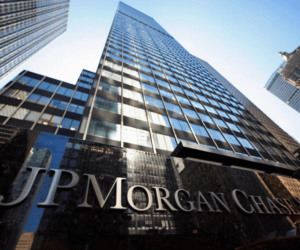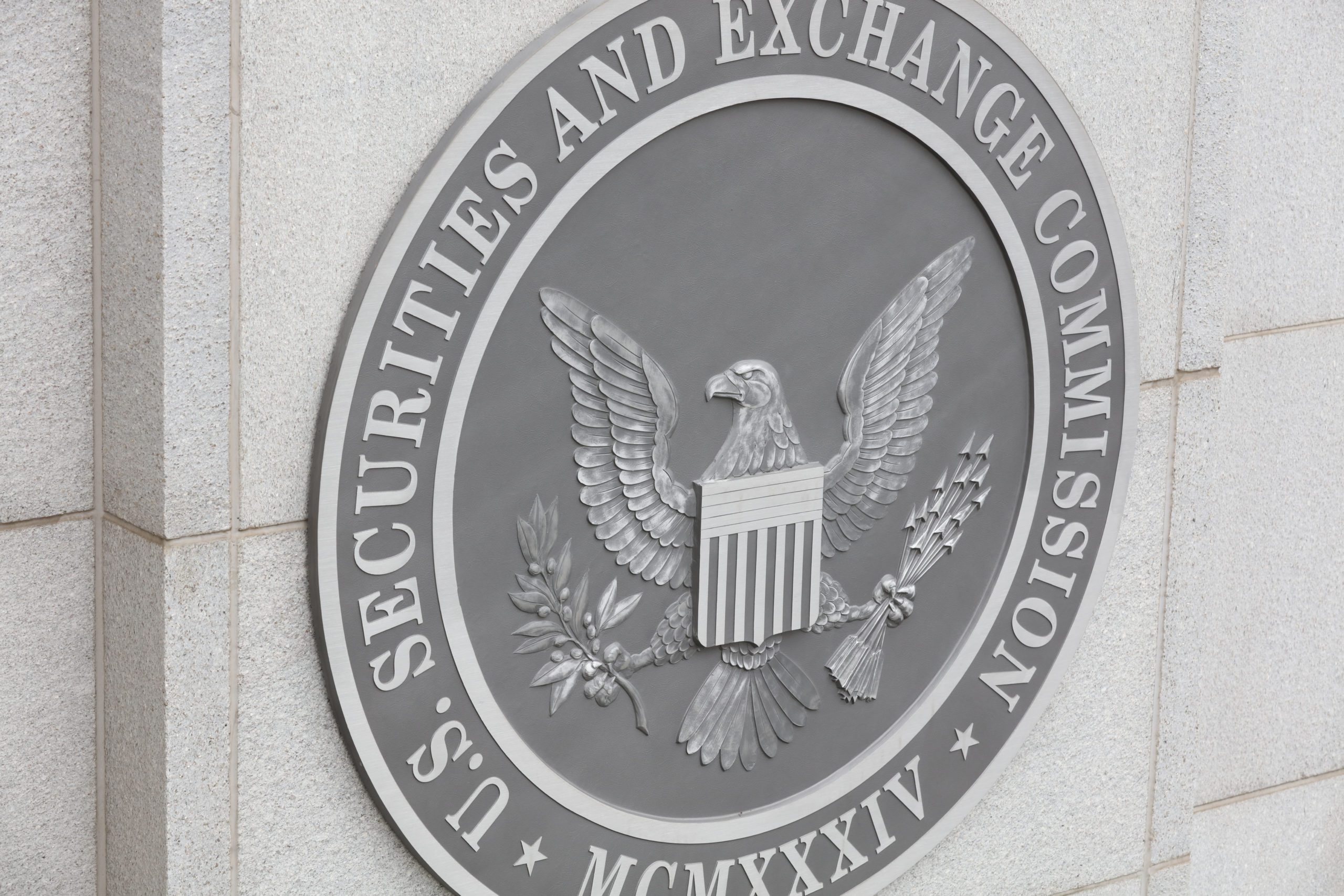By Our Brussels Correspondent
EUROPE’S new AML Authority (AMLA) is still on course to be operational by 2026, the EU’s financial services Commissioner says.
However, EU leaders have still not agreed where to base AMLA, Mairead McGuinness told the European Court of Auditors.
“Member States have reached a negotiating mandate on the AMLA Regulation – except for the seat of the new agency,” she confirmed.
The Member State governments must also now agree on higher new budgets as AMLA is likely to cost more than the €200M initially envisaged.
This was because it would now also be supervising crypto transfers.
“These rules will enter into force at the same time as the Regulation on Markets in Crypto Assets (or MiCA), the overarching rules on crypto that the EU is putting in place,” McGuinness said.
The time-line remained the same for the agency, with full staffing to be reached by 2025 and the ability to carry out direct supervision in 2026.
Protocols would also be put in place to allow “specialised observers” from Europol and the Eurojust to assist the agency where relevant.
Separately, the European Parliament is set to adopt its report on AMLA later this year.
The Commissioner said she looked forward “to reviewing the Parliament’s position once MEPs have debated and voted on their amendments.”
Meanwhile in Brussels, the Commissioner’s department DG FISMA was currently looking at how banks and financial institutions would pay for the operation of AMLA. Officials were drawing up a draft methodology “to set the fees that will help pay for European supervision.”
How AMLA will operate:
AML will become the centre of our new supervisory system – undertaking some supervision itself, while coordinating and setting high standards for the rest.
Now first, AMLA will directly supervise those cross-border financial sector bodies exposed to the highest risk of money laundering.
And for this we are following the very good experience of bank supervision within the Banking Union.
There will be Joint Supervisory Teams involving national supervisors, similar to how the Single Supervisory Mechanism supervises banks.
The criteria for the entities that will be directly supervised by AMLA are being discussed by the European Parliament and the Member States.
Second, AMLA will foster high standards, convergence and a common culture among national supervisors.
And that means AMLA will help improve supervision across the board – even for entities it does not supervise directly.
And it will encourage cooperation and interaction between AMLA and national supervisors.
So this system of supervision will rely on cooperation between AMLA and national supervisors – and both have a vital role to play.
The Authority will also have a coordination role in the non-financial sector.
And finally, AMLA will support cooperation among Financial Intelligence Units and enable joint analyses of suspicious activities at EU level.
So overall, we are putting in place a two-tier system.
There is one tier of European direct supervision, and another tier of national supervision with more coordination at a European level.
But both tiers are equally important.
And there will be careful management of the relationship between these two tiers.
The distinction between national supervision and AMLA direct supervision will be carefully defined.
Our proposal envisages that we decide every three years which entities will be supervised directly by AMLA – transferring away from national supervision.
There will also be the option of AMLA being able to take over the direct supervision of a particular entity in exceptional circumstances.
On a day-to-day level, we want to make sure that national authorities and AMLA work really well together.
For direct supervision, the Joint Supervisory Teams will include staff from national supervisors, as I mentioned.
For indirect supervision, AMLA will become a hub that can coordinate the exchange of information and cooperation.
And national authorities will be represented on AMLA’s General Board.
And the General Board will bring together national supervisors when it comes to matters of supervision.
And it will bring together Financial Intelligence Units when matters relate to them.
Specialised observers will also be invited where relevant – for example from the European Supervisory Authorities, or from Europol and Eurojust.
So that will help all the relevant bodies in this new system co-operate.
COMMISSIONER MCGUINNESS
Who’s on the AMLA Board?
AMLA will be empowered to develop regulatory technical standards to complete the single rulebook. The Commission will put these standards into law through delegated acts.
And the Commission will also draft the methodology to set the fees that will help pay for European supervision.
Secondly, the Commission also has a role in the governance of AMLA.
The Commission will sit on the two governance bodies: the Executive Board and the General Board.
AMLA’s Executive Board will notably take decisions on the administration, operations and functioning of AMLA, such as its draft Budget. A voting member of the Executive Board will come from the Commission.
And this reflects the fact that an important contribution to AMLA’s funding will come from the EU budget. The Commission’s consent will be required when the Executive Board decides on the budget, administration, procurement, recruitment and audit of AMLA.
And this gives the Commission a slightly different level of control compared to the European Supervisory Authorities, for example.
The Commission will also have a non-voting member on AMLA’s General Board.COMMISSIONER MCGUINNESS








